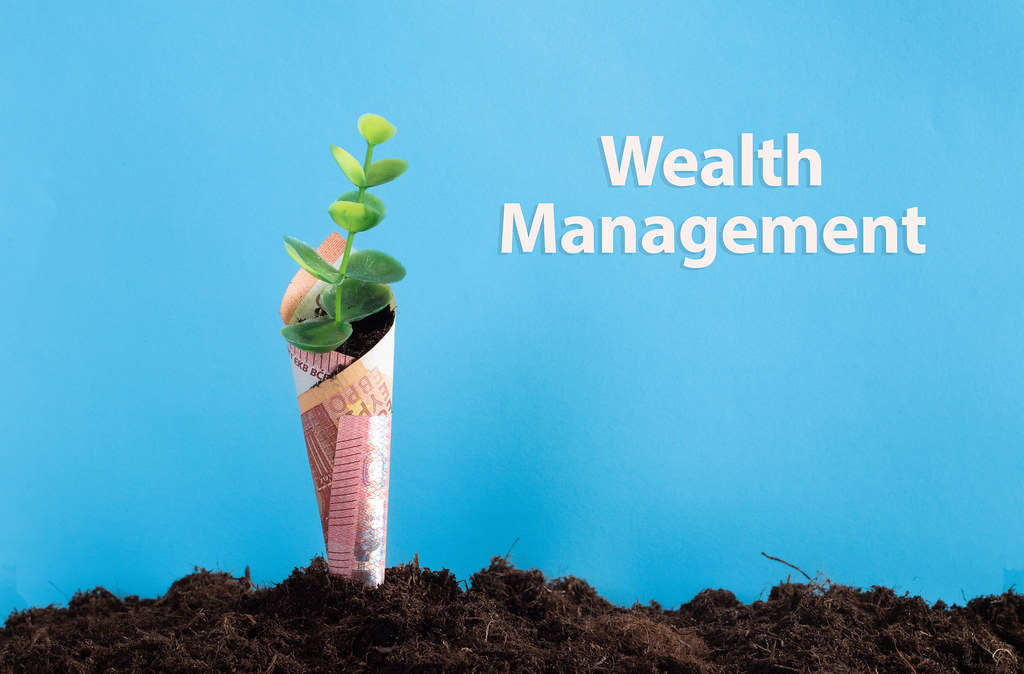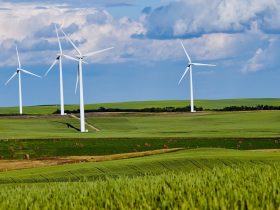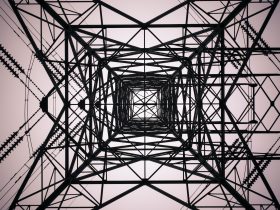Hello there, dear readers! It’s always a pleasure to dive into the world of ethical spending with you. Today, we’re going to talk about something that might not seem immediately connected to ethical consumption but is, in fact, a vital aspect of it – building emergency funds. Yes, I know, the term “emergency fund” doesn’t sound very glamorous, but trust me, it’s a cornerstone of responsible financial management. So, grab your favorite beverage, settle into your comfiest chair, and let’s explore the ethical considerations behind building an emergency fund.
Why Do We Need Emergency Funds Anyway?
First things first, what exactly is an emergency fund? It’s a stash of cash set aside to cover unexpected expenses like medical bills, car repairs, or sudden job loss. You can think of it as your financial safety net – and who doesn’t love the security of a good safety net?
Now, you might be wondering, “How is saving money in an emergency fund ethical?” Well, my dear readers, let’s delve into the ethical considerations, one at a time.
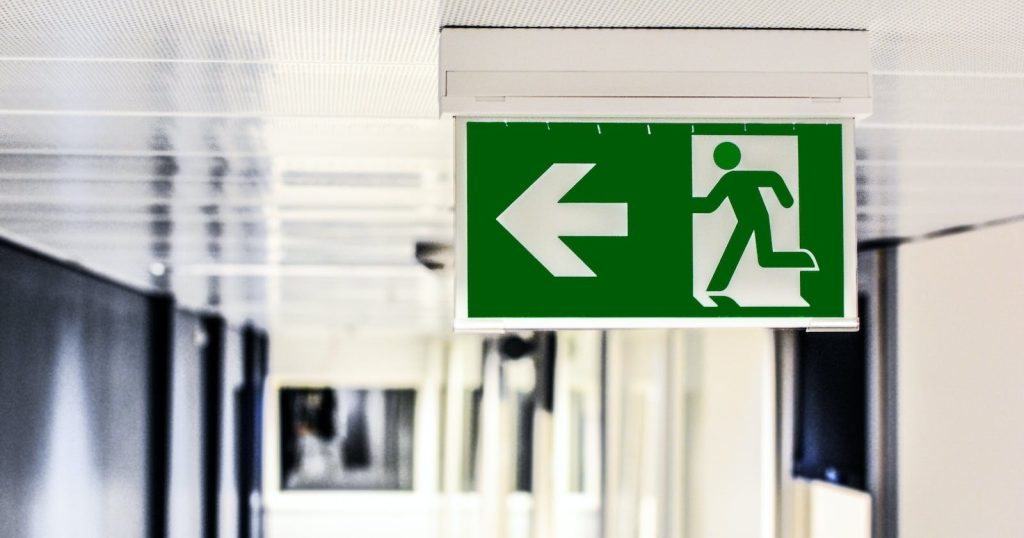
Preventing Financial Burden on Others
Imagine this: You’re in a car accident, and your car needs significant repairs. You don’t have an emergency fund, so you borrow money from a friend or family member. Sounds familiar, right? But have you considered the ethical implications of this situation? By not having an emergency fund, you’re potentially burdening your loved ones with your financial woes. This can strain relationships and cause unnecessary stress. So, building an emergency fund is not just about your financial well-being; it’s also about being considerate towards those you care about.
Avoiding High-Interest Debt
When life throws you a curveball, and you don’t have an emergency fund, you may resort to using credit cards or taking out high-interest loans to cover the costs. This can lead to a never-ending cycle of debt that’s tough to break free from. By having an emergency fund, you can avoid falling into the clutches of predatory lenders and maintain your financial dignity.
Resisting Impulse Spending
We’ve all been there – the irresistible urge to splurge on something shiny and new. But here’s the thing: having an emergency fund can actually help you resist impulse spending. When you know you have money set aside for unforeseen circumstances, you’re less likely to blow your budget on unnecessary items. This not only helps you maintain your financial goals but also contributes to a more sustainable and responsible consumption pattern.
Supporting Ethical Businesses
Building an emergency fund isn’t just about saving money; it’s also about where you keep your funds. Choosing a bank or financial institution that aligns with your ethical values is crucial. Look for banks that invest in environmentally sustainable projects, support social causes, or have a commitment to fair labor practices. By keeping your emergency fund in such an institution, you’re indirectly supporting ethical businesses and contributing to positive change.
Investing Ethically
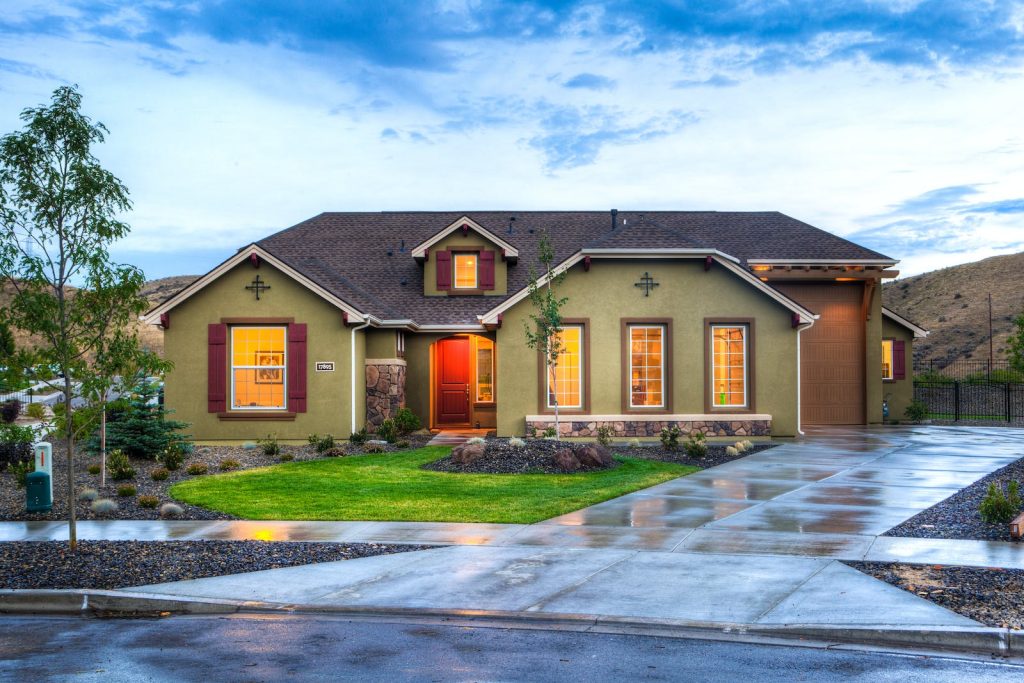
Once you’ve built a substantial emergency fund, you might consider investing some of it. Ethical investing involves putting your money into companies or funds that prioritize environmental, social, and governance (ESG) factors. These investments not only have the potential for financial returns but also promote positive change in the world. Ethical investing can be a way to make your emergency fund work for both you and the greater good.
Reducing Stress and Anxiety
Now, let’s talk about the most immediate and personal ethical consideration – your well-being. Financial stress and anxiety can take a toll on your mental and physical health. By having an emergency fund, you can reduce the emotional burden that comes with unexpected financial setbacks. You’ll sleep better at night, knowing you’re prepared for whatever life throws your way. And remember, a healthier, happier you is better equipped to contribute positively to the world around you.
Examples of Ethical Emergency Fund Building
Let’s get practical and look at some real-life examples of how to build an ethical emergency fund:
Cut Down on Non-Essential Expenses: Reevaluate your spending habits and cut back on non-essential items like eating out, subscription services, or impulse purchases. Redirect the money you save into your emergency fund.
Side Hustles with Purpose: Consider taking on a side hustle that aligns with your ethical values. Whether it’s freelance work, selling handmade crafts, or offering a service, the extra income can boost your emergency fund while allowing you to support ethical endeavors.
Automate Savings: Set up automatic transfers to your emergency fund each month. Treating it like a recurring bill ensures that you consistently contribute to your fund without thinking twice.zWindfalls and Bonuses: Instead of splurging when you receive unexpected money like tax refunds or work bonuses, allocate a portion of it to your emergency fund.
Sell Unneeded Items: Declutter your living space and sell items you no longer need. The proceeds can pad your emergency fund while also reducing waste and promoting sustainable consumption.
Budget for Emergencies: Incorporate a category for emergencies in your budget. This ensures that you’re actively saving for unexpected events rather than relying on credit or loans.
In conclusion, building an emergency fund is not just a financial endeavor; it’s a responsible and ethical choice. It safeguards your well-being, prevents financial burden on others, and empowers you to make ethical financial decisions. So, let’s embrace the idea of ethical emergency fund building and take a step closer to a more secure, sustainable, and responsible financial future. Remember, a little preparation today can lead to a brighter, more ethical tomorrow. Happy saving, dear readers!





























